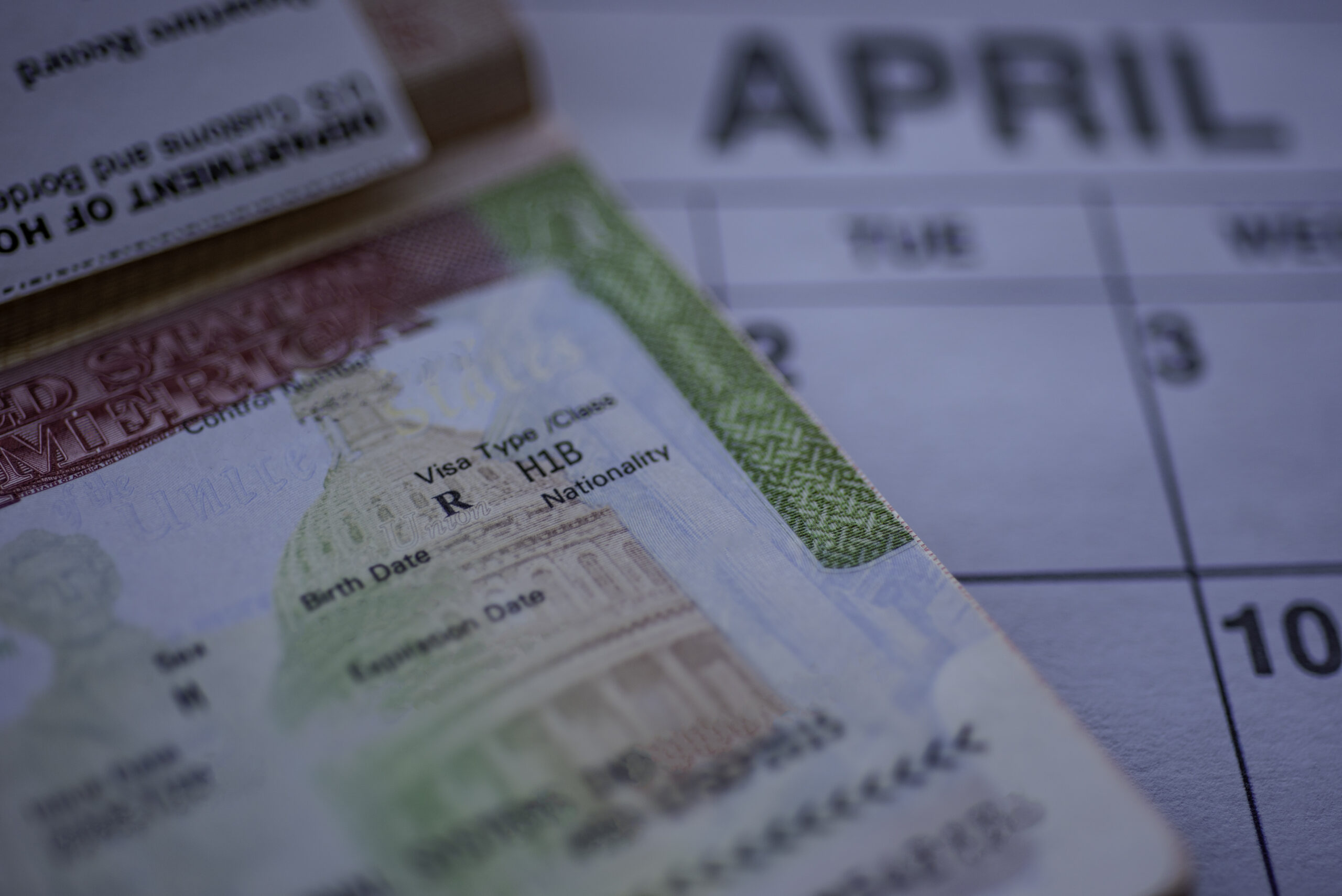
"The Trump administration's recent changes to the H-1B visa application process are causing concern among healthcare experts, with many worried that the plan could make the industry's workforce crisis and care access gaps more severe."
"Last month, the White House imposed a $100,000 fee on new H-1B visa petitions. Before, the fee typically ranged between $2,000 and $5,000, depending on the employer."
"In addition to the fee, the White House's plan also aims to prioritize international workers with higher skills. The administration is establishing a weighted lottery system that favors H-1B applicants with higher wages, saying this will protect domestic employees from wage competition as well as ensure that H-1B visas are used to fill roles that require highly skilled professionals."
"While these changes are intended to curb abuse of the program, the blanket fee applies to all industries and has prompted legal concerns about the administration's authority and its adherence to policymaking procedures. Multiple lawsuits have already been filed to contest the measure. For instance, a coalition of healthcare employers, unions and religious groups filed a lawsuit to block the change on October 3, and a group of higher education organizations did the same on October 6."
A new $100,000 fee now applies to new H-1B visa petitions, replacing previous employer fees that typically ranged from $2,000 to $5,000. The fee targets only new applicants and does not affect current H-1B holders seeking renewals. The administration intends to prioritize higher-wage applicants through a weighted lottery to limit perceived exploitation of the program and protect domestic wages. The blanket fee covers all industries, prompting legal challenges from coalitions of healthcare employers, unions, religious groups, and higher education organizations. Healthcare groups urge exemptions, warning that the changes could worsen staffing shortages and patient access gaps.
Read at MedCity News
Unable to calculate read time
Collection
[
|
...
]